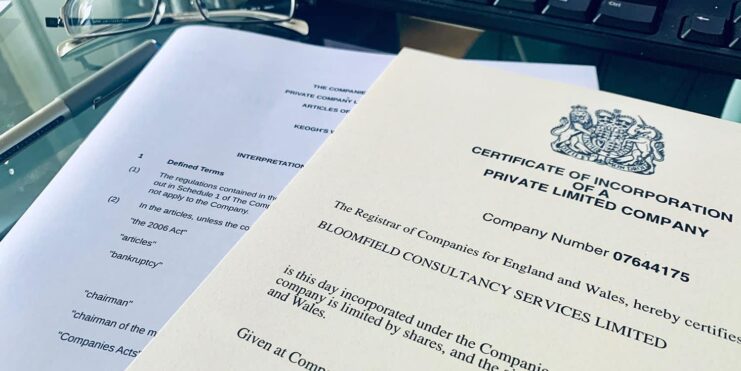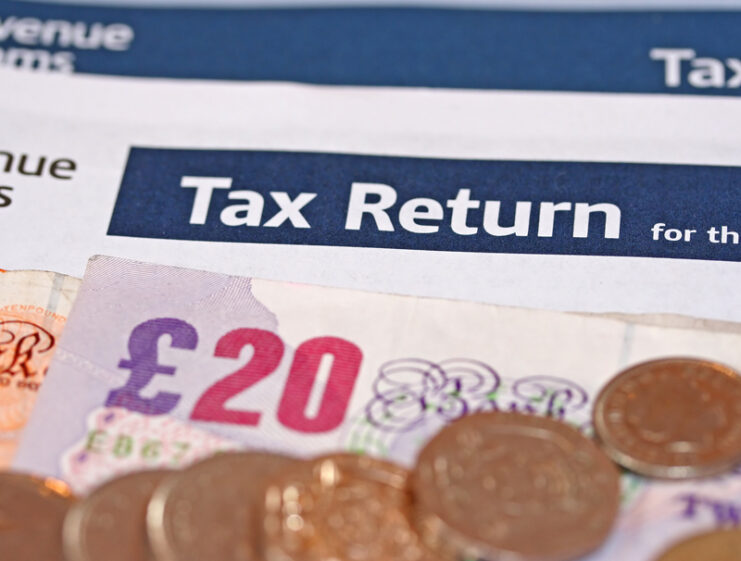Registering a company in the UK is a significant step for any entrepreneur. This process can be smooth and efficient if approached correctly. The time it takes to register a company in the UK varies, but with the right preparation and understanding of the process, it can be expedited. This comprehensive guide will provide insights into the timeframe and offer tips to ensure a swift and successful registration.
Essentials of Company Registration in the UK

The heart of company registration in the UK lies in understanding what it entails. This process involves incorporating your business, which means your company becomes a separate legal entity from you as the individual. It involves choosing a company name, registering with Companies House, and understanding the legal responsibilities that come with running a company. Learn more at https://easyimmigration.uk/all-you-need-to-know-about-registering-a-company-in-the-united-kingdom/.
Choosing a Suitable Company Name
A critical initial step is selecting an appropriate company name. The name must be unique and not similar to any existing registered company. Avoid names that imply connections with government or public bodies unless authorized. The name should not be offensive or contain sensitive words or expressions. A quick search on the Companies House website can confirm if your desired name is available.
Preparing Necessary Documentation
Preparation is key. You will need to prepare several documents, including a Memorandum of Association and Articles of Association. The Memorandum of Association is a legal statement signed by all initial shareholders or guarantors agreeing to form the company. The Articles of Association are the written rules about running the company, agreed by the shareholders, directors, and the company secretary.
Understanding the Role of Companies House

Companies House is the UK’s registrar of companies, playing a pivotal role in company registration. All information about your company, from its name to its directors and financial statements, will be held by Companies House. They are responsible for making this information available to the public.
Online Registration
The quickest way to register your company is online. This method is generally faster than postal applications and can take as little as 24 hours. Ensure all your documents are prepared and details are accurate to avoid delays. The standard fee for online registration is lower compared to postal applications.
Navigating Through the Registration Process

Navigating the registration process involves several steps. Firstly, decide if you want to register as a sole trader, a partnership, or a limited company. Each has its own legal and tax implications. For most, registering as a limited company is the preferred option due to its benefits, like limited liability and tax efficiency.
Once you’ve chosen your business structure and name, you need to prepare your Memorandum of Association, Articles of Association, and details of your company’s officers. You will also need to provide the proposed registered office address in the UK. This address will be publicly available and is where all official communications will be sent.
After preparing all the necessary documents, you can proceed with the online application through the Companies House Web Incorporation Service. The process is straightforward and user-friendly.
Dealing with Potential Delays
While the standard timeline for online registration is 24 hours, there are instances where it could take longer. Errors in your application, like incorrect information or missing documents, can cause delays. Additionally, if your company name is too similar to an existing one or contains sensitive words, Companies House will conduct additional checks, which could extend the process.
Ensuring a Smooth Registration
To ensure a smooth registration process, double-check all your documents for accuracy. Seek professional advice if you are unsure about the legal requirements. Keep track of your application’s progress through the Companies House website and be prepared to respond promptly to any queries or requests for additional information.
Post-Registration Considerations

Once your company is registered, there are several post-registration responsibilities you must attend to. These include setting up a company bank account, registering for taxes, and maintaining accurate records. It’s also essential to understand and comply with your legal responsibilities as a director.
Navigating Legal and Financial Responsibilities
Once your company is registered, it’s crucial to navigate the legal and financial responsibilities with precision. This involves understanding the corporate laws in the UK, tax obligations, and maintaining proper financial records. As a company director, you are responsible for ensuring that the company complies with all its legal obligations, including filing annual returns and financial statements with Companies House and ensuring that taxes are paid on time.
Effective Record Keeping
Effective record-keeping is not just a legal requirement but a cornerstone of successful business management. You must keep detailed records of all company transactions, director meetings, and shareholder decisions. These records help in preparing accurate financial statements and tax returns, and they are essential in the event of an audit or legal scrutiny.
Staying Compliant with Tax Obligations

Understanding and staying compliant with your tax obligations is critical. This includes registering for Corporation Tax and VAT if your company’s turnover exceeds the current VAT threshold. You will also need to manage PAYE if your company employs staff. Failure to comply with tax obligations can lead to penalties and legal complications.
Building a Strong Foundation
The initial months following registration are pivotal in building a strong foundation for your company. This is the time to establish your brand, build client relationships, and set up efficient operational processes. Investing time and resources in developing a robust business plan, marketing strategy, and customer service protocol will pay dividends in the long term.
Seeking Professional Advice
While it’s possible to handle many aspects of company registration and management on your own, seeking professional advice can be beneficial. Accountants, legal advisors, and business consultants can provide valuable insights and help navigate complex legal and financial landscapes. This can be particularly useful for intricate matters like tax planning, legal compliance, and business expansion strategies.
Summing Up
In conclusion, registering a company in the UK can be accomplished swiftly with proper preparation and attention to detail. The process involves choosing a unique company name, preparing essential documents, and understanding the legal responsibilities that come with running a company. Online registration through Companies House is the most efficient method, typically taking about 24 hours.












